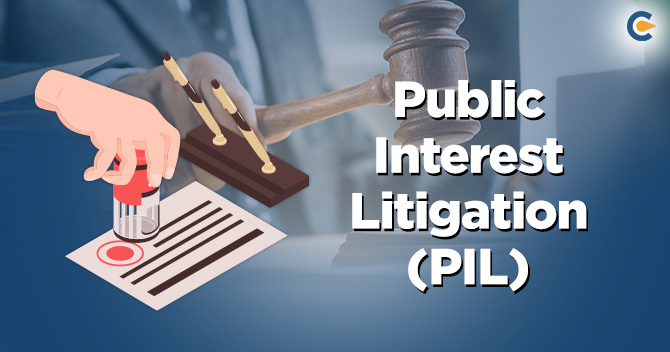Free Courses Sale ends Soon, Get It Now


Free Courses Sale ends Soon, Get It Now



Figure 2: No Copyright Infringement Intended
About:
Way Forward
Former Attorney General Soli Sorabji opinions 3 basic rules for regulating abuse of PIL:
© 2024 iasgyan. All right reserved